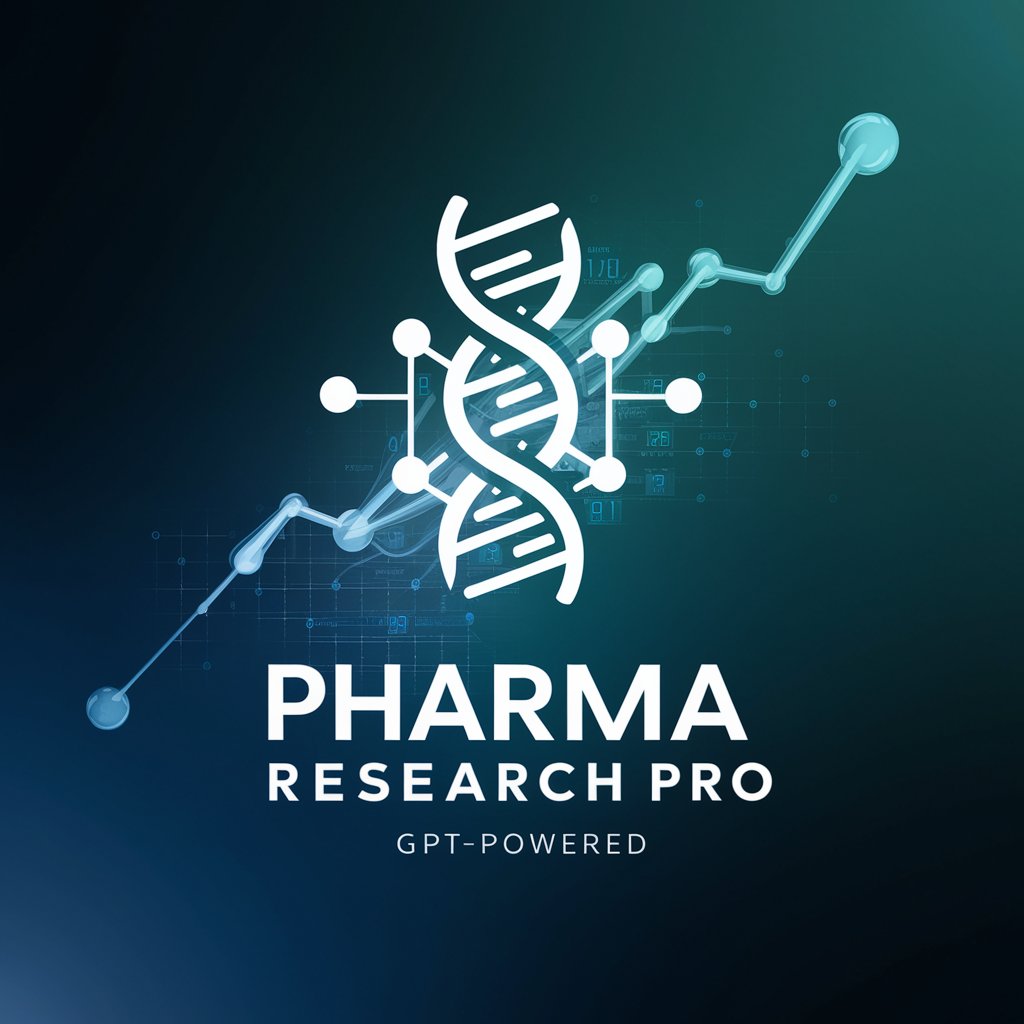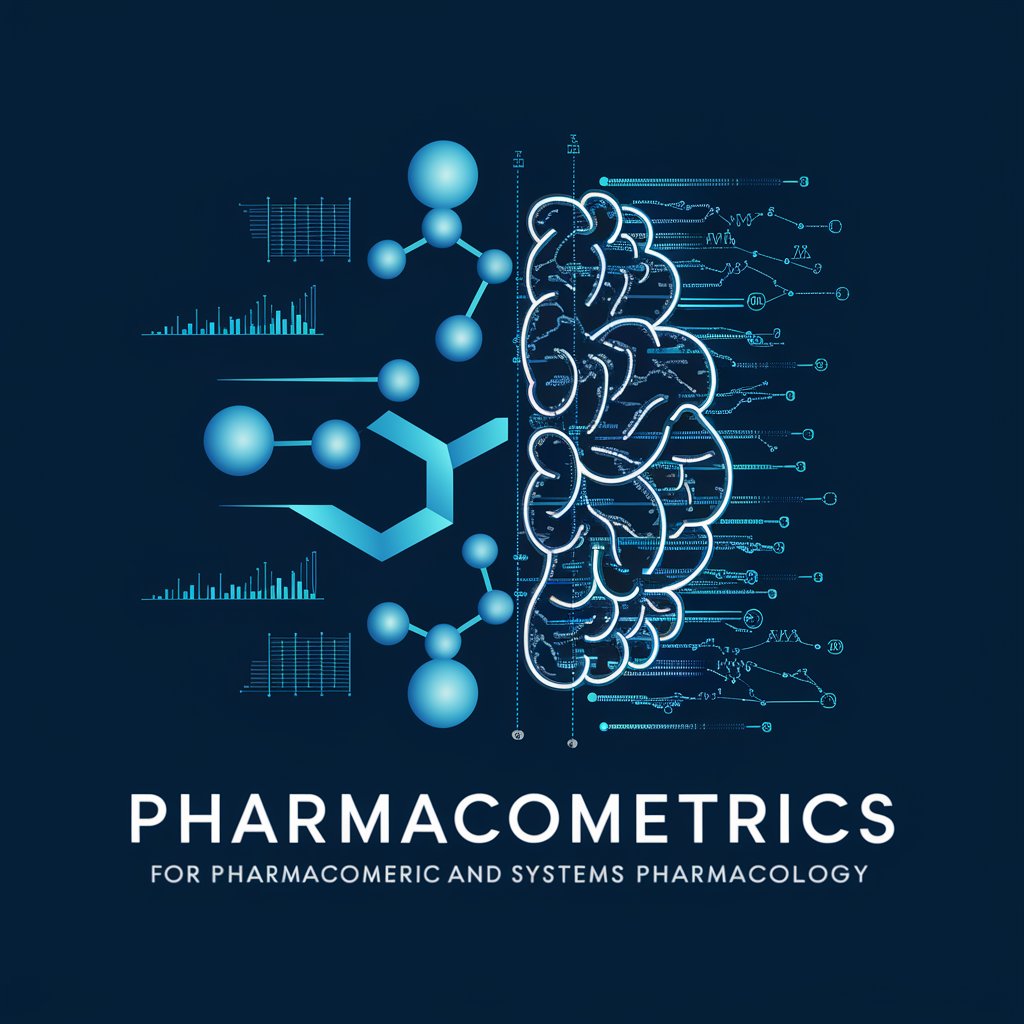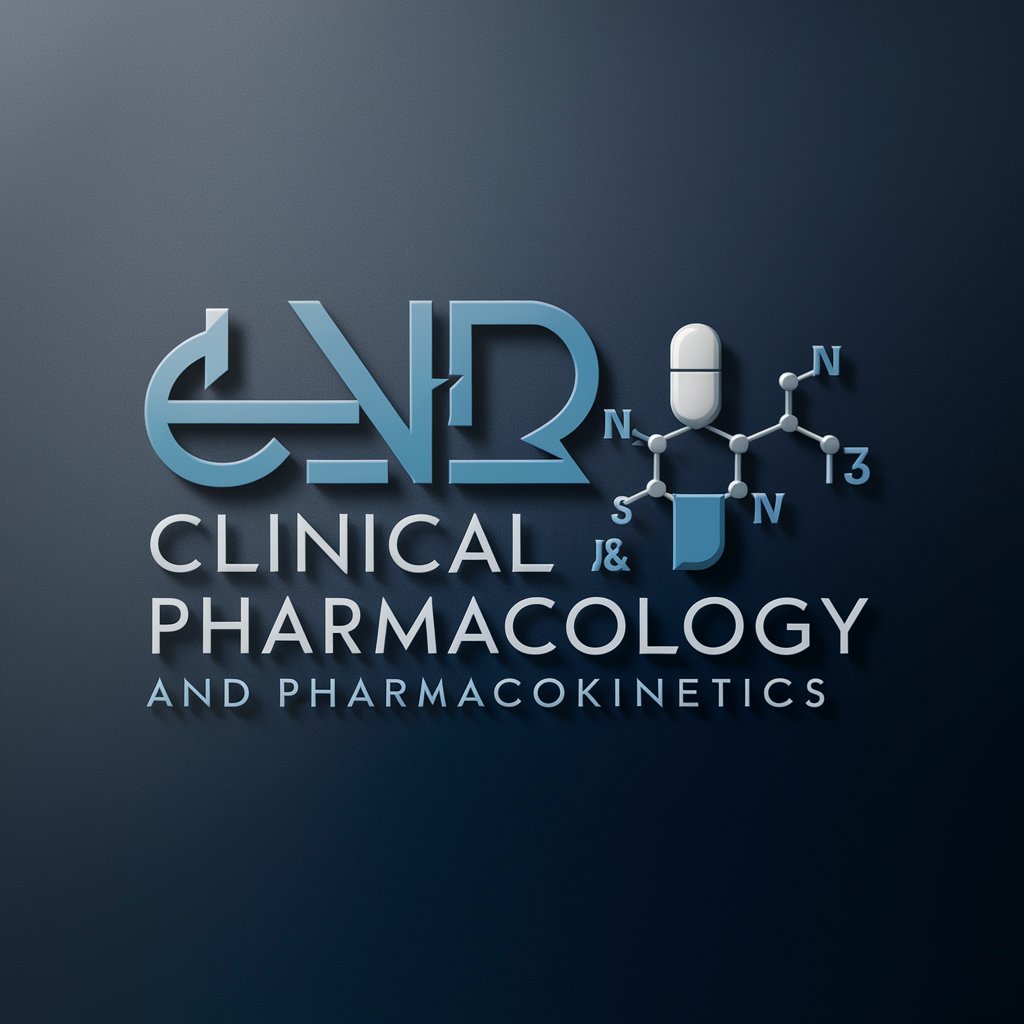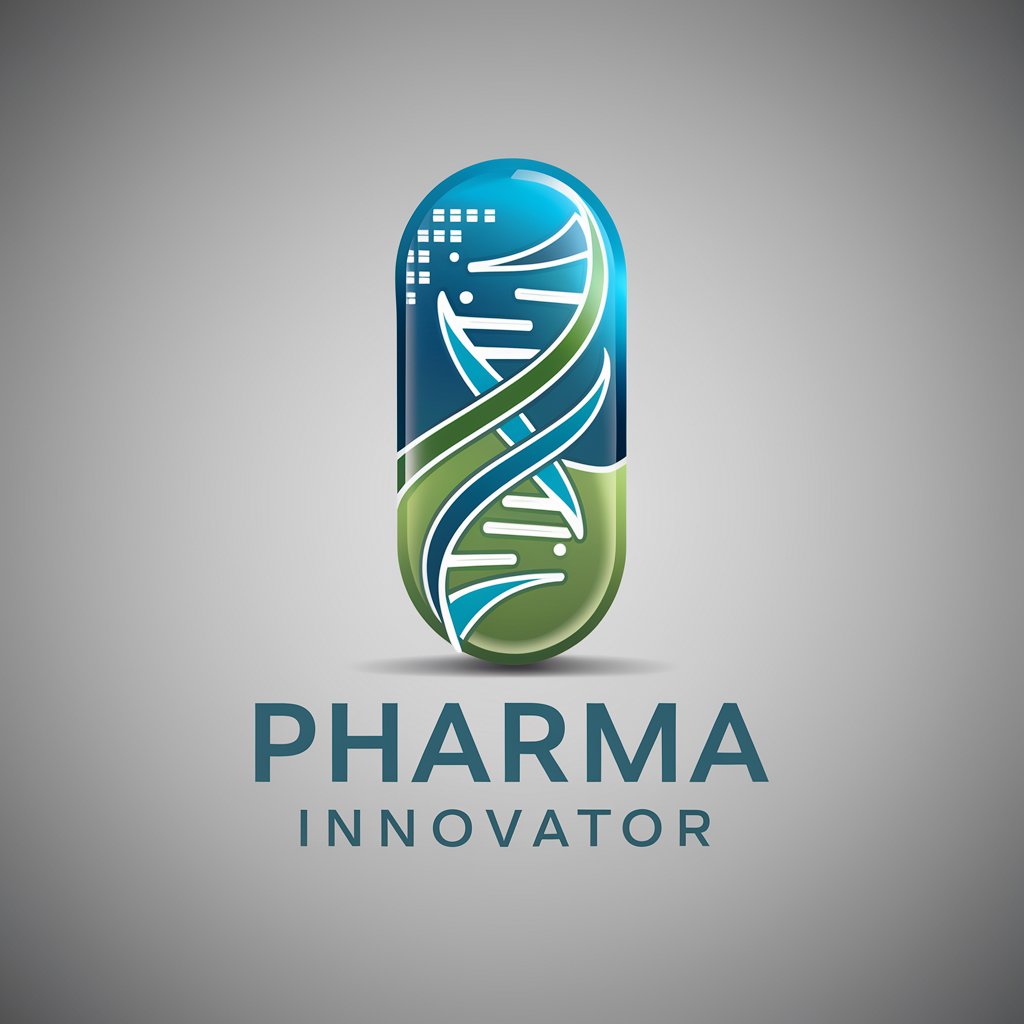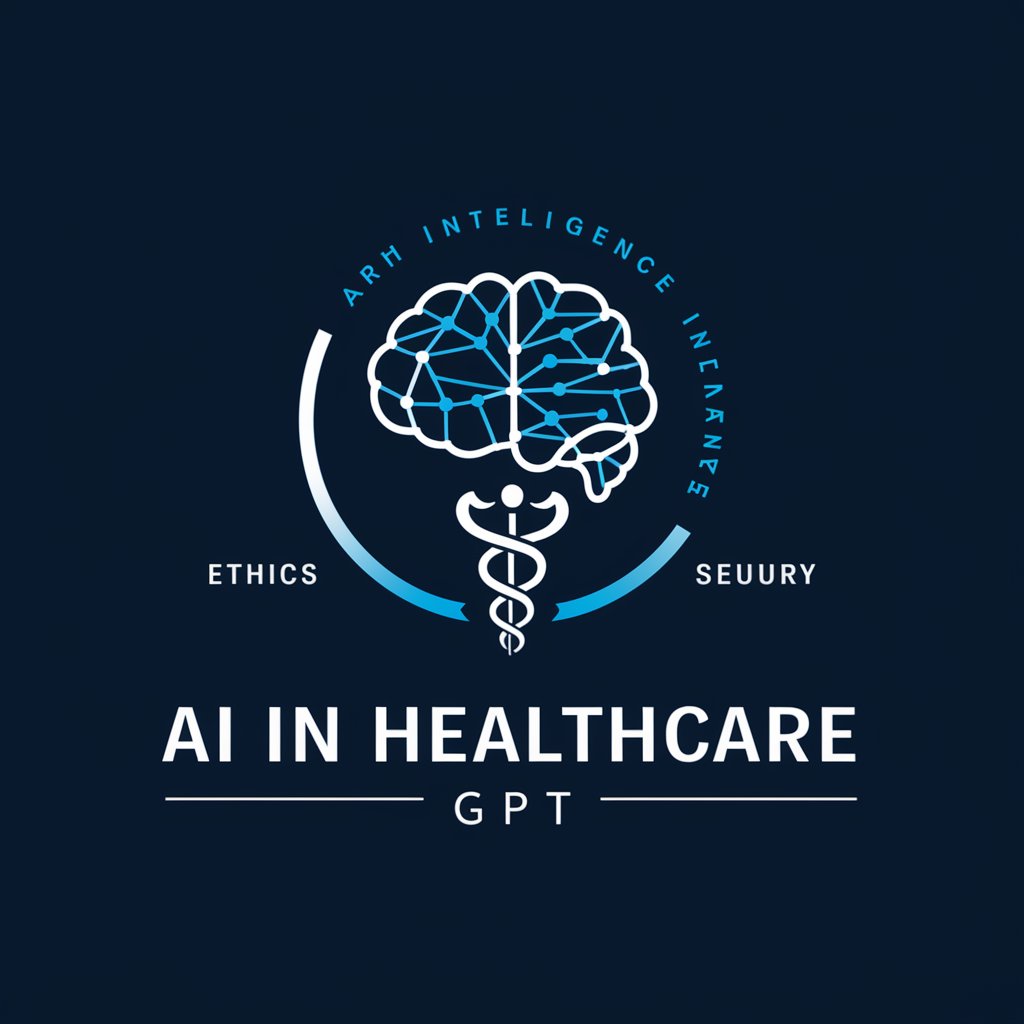
AI in Drug Discovery and Pharma GPT - AI-Driven Drug Discovery
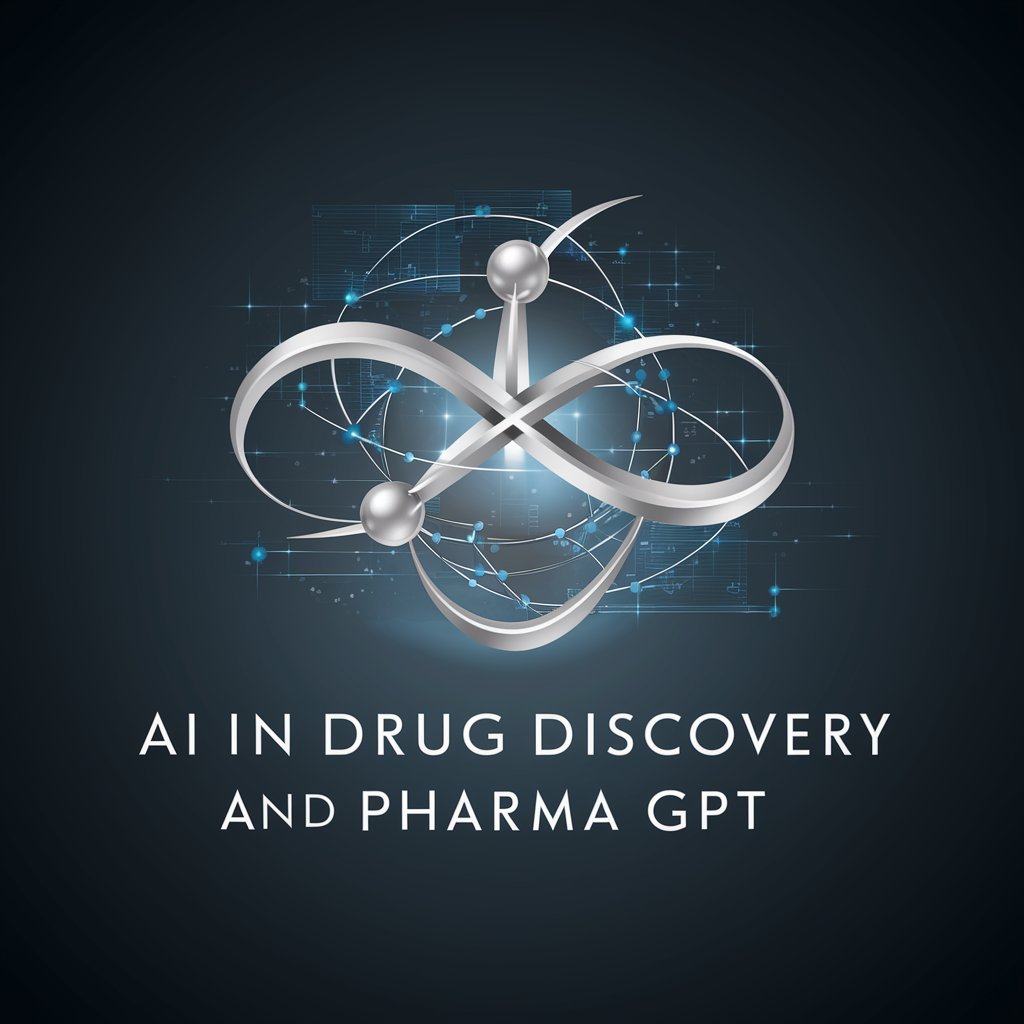
Welcome to AI in Drug Discovery and Pharma GPT. How can I assist you today?
Empowering Pharma Innovation with AI
How is AI transforming drug discovery processes?
What are the latest trends in AI applications in personalized medicine?
Can you explain the role of machine learning in pharmaceutical research?
What are the key benefits of using AI in drug development?
Get Embed Code
AI in Drug Discovery and Pharma GPT: An Overview
The AI in Drug Discovery and Pharma GPT is designed as a specialized knowledge resource, focusing on the intersection of artificial intelligence (AI) and the pharmaceutical industry, particularly in drug discovery and personalized medicine. This GPT model is programmed to provide insights, analyses, and updates on how AI technologies are transforming the pharmaceutical landscape. It offers detailed explanations on AI methodologies like machine learning, deep learning, and natural language processing and their applications in identifying new drug candidates, predicting drug interactions, optimizing clinical trials, and personalizing patient treatments. For example, it can elucidate how AI models predict the efficacy of drug compounds or enhance the accuracy of biomarker identification, thereby accelerating the drug discovery process and reducing costs. Powered by ChatGPT-4o。

Core Functions of AI in Drug Discovery and Pharma GPT
Predictive Analytics for Drug Discovery
Example
Utilizing AI to analyze vast datasets to predict which drug compounds are most likely to succeed in treating specific diseases.
Scenario
Researchers input chemical properties and biological data into the AI model, which then predicts potential candidates for Alzheimer's disease treatments, significantly narrowing down the research scope and focusing resources on the most promising compounds.
Personalized Medicine Optimization
Example
Employing AI to tailor medical treatments to individual patients based on their genetic makeup, lifestyle, and environment.
Scenario
Doctors use AI systems to analyze a patient's genomic data alongside environmental factors to determine the most effective cancer therapy for that individual, thereby increasing treatment efficacy and reducing side effects.
Efficiency Improvement in Clinical Trials
Example
Applying AI to optimize the design and execution of clinical trials, enhancing patient recruitment, and monitoring.
Scenario
AI tools analyze historical trial data and patient records to identify the most suitable candidates for a new diabetes medication trial, improving trial recruitment efficiency and the quality of data collected.
Target User Groups for AI in Drug Discovery and Pharma GPT Services
Pharmaceutical Researchers and Scientists
This group benefits from AI GPT's ability to provide updated, detailed information on AI applications in drug discovery, helping them stay at the forefront of research methodologies and potentially discovering new therapeutic agents more efficiently.
Healthcare Professionals
Healthcare providers can leverage AI GPT for insights into personalized medicine and patient care optimization, using AI-driven predictions and treatments to offer tailored care plans, thus improving patient outcomes.
Biotech and Pharma Executives
Executives and decision-makers in biotech and pharma industries can utilize AI GPT for strategic insights into the AI market trends, investment opportunities, and regulatory considerations, aiding in informed decision-making and innovation strategy development.

How to Use AI in Drug Discovery and Pharma GPT
Initiate Your Experience
Start by visiting yeschat.ai for a complimentary trial that requires no login or subscription to ChatGPT Plus, providing easy and immediate access.
Define Your Objective
Clearly define your objective or question related to drug discovery or pharmaceutical research. This focus will help tailor the AI's responses to your specific needs.
Interact with the GPT
Engage with the AI by asking your specific questions. Use clear and precise language to improve the relevance and accuracy of the AI's responses.
Review and Analyze Responses
Carefully review the AI-generated responses for insights, data, and suggestions relevant to your drug discovery or pharma research objectives.
Iterate and Refine
Refine your queries based on previous responses to deepen your understanding or explore new angles within your research area.
Try other advanced and practical GPTs
Drug Doc
Empowering informed health decisions with AI.
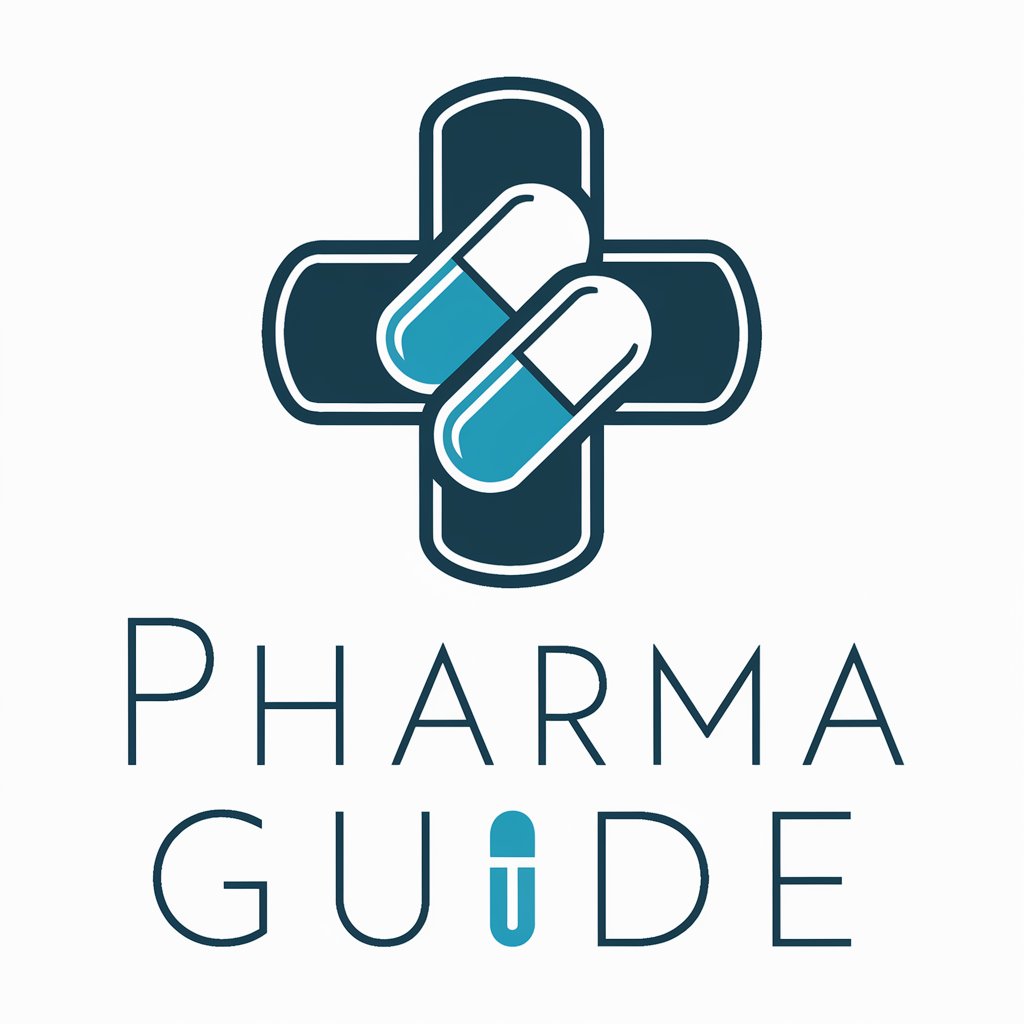
NHS Drug Data Explorer
Unlocking Insights into NHS Drug Data
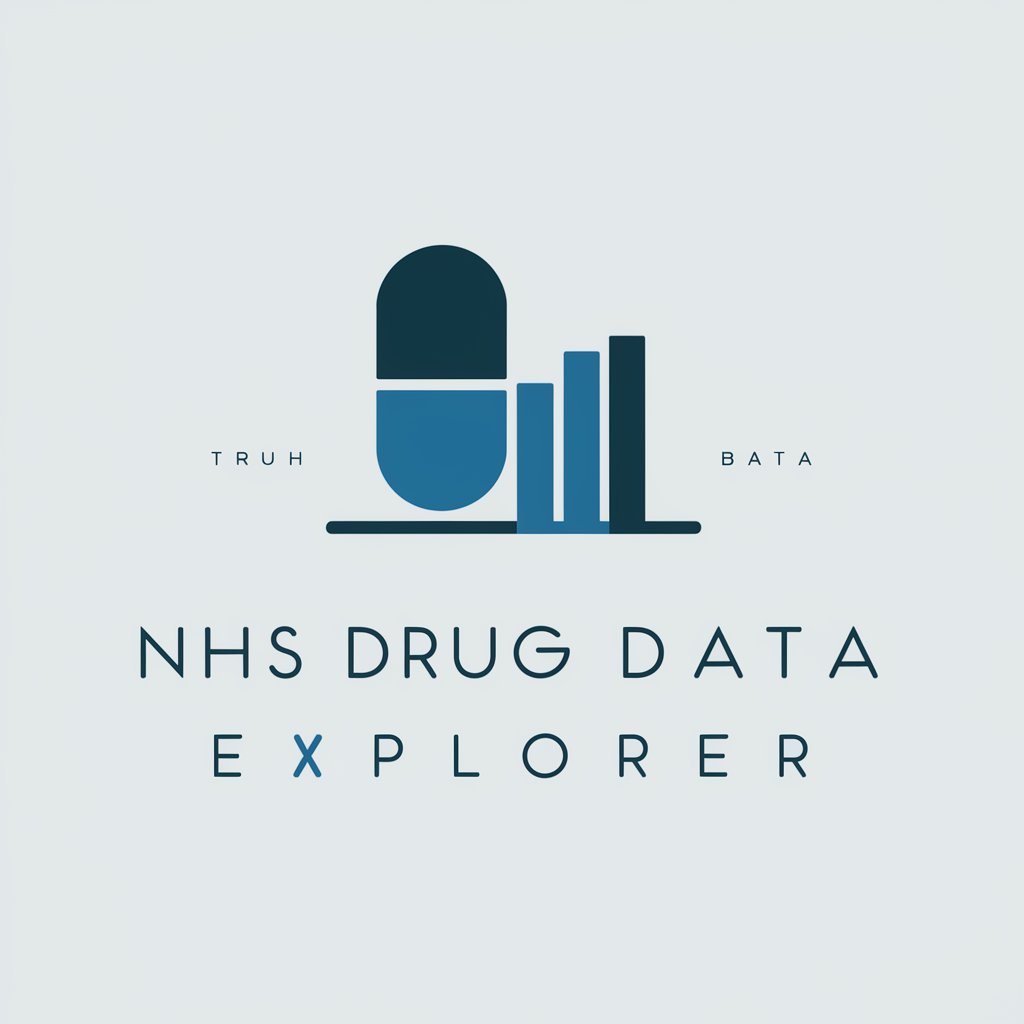
Nano-Drug Discovery Assistant
AI-powered drug discovery acceleration.
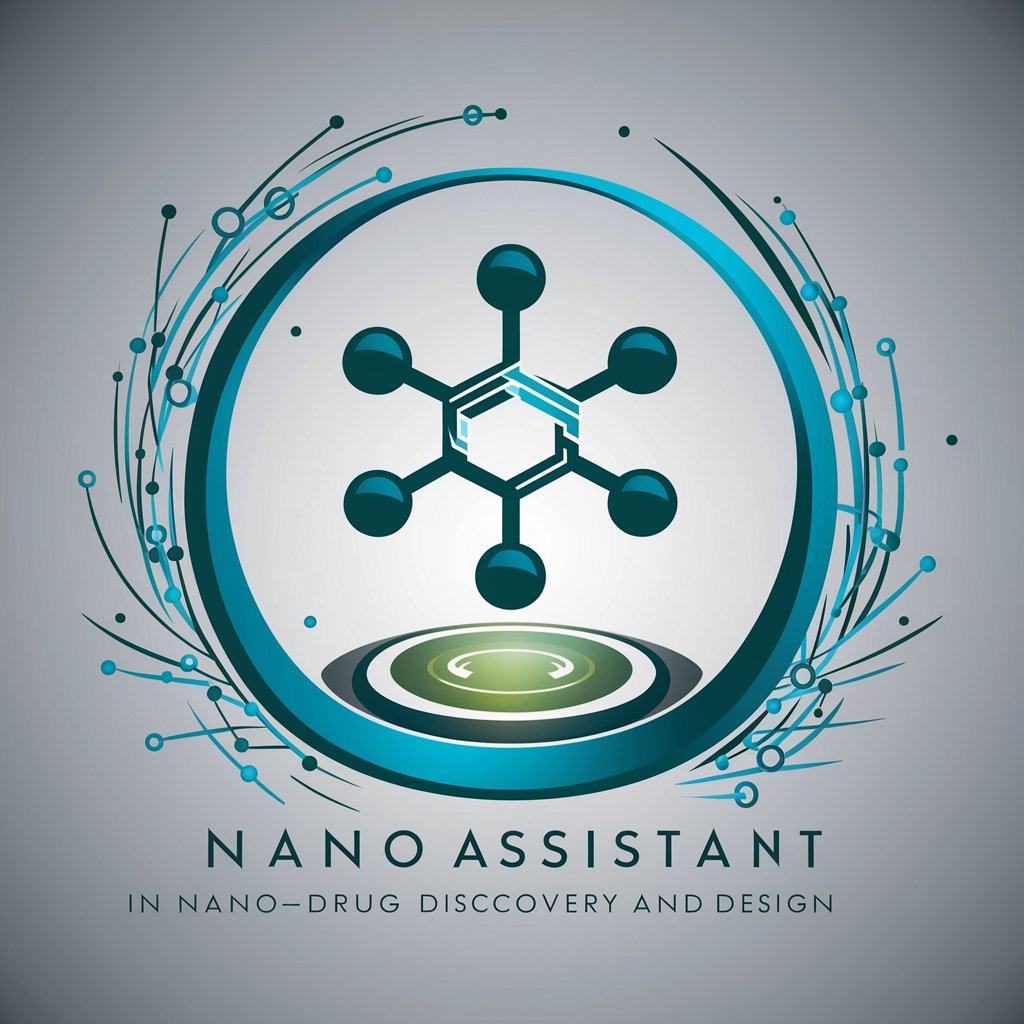
Drug Decoder
Decoding Drugs with AI-Powered Clarity
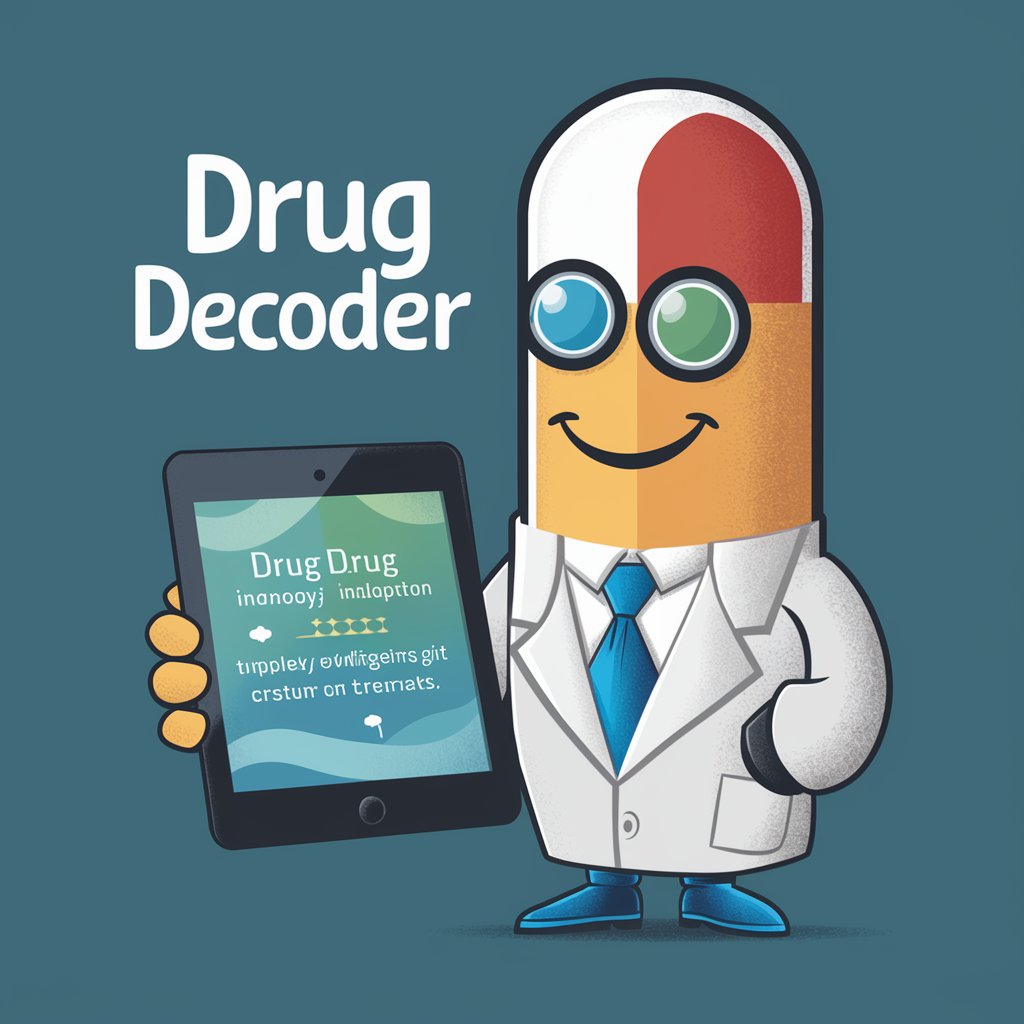
What to watch! 🎬🍿
Discover Your Next Favorite Film, AI-Powered

Watch Advisor GPT
Empowering Your Timepiece Choices with AI

Discovery Copilot
Unleashing AI's potential, systematically.
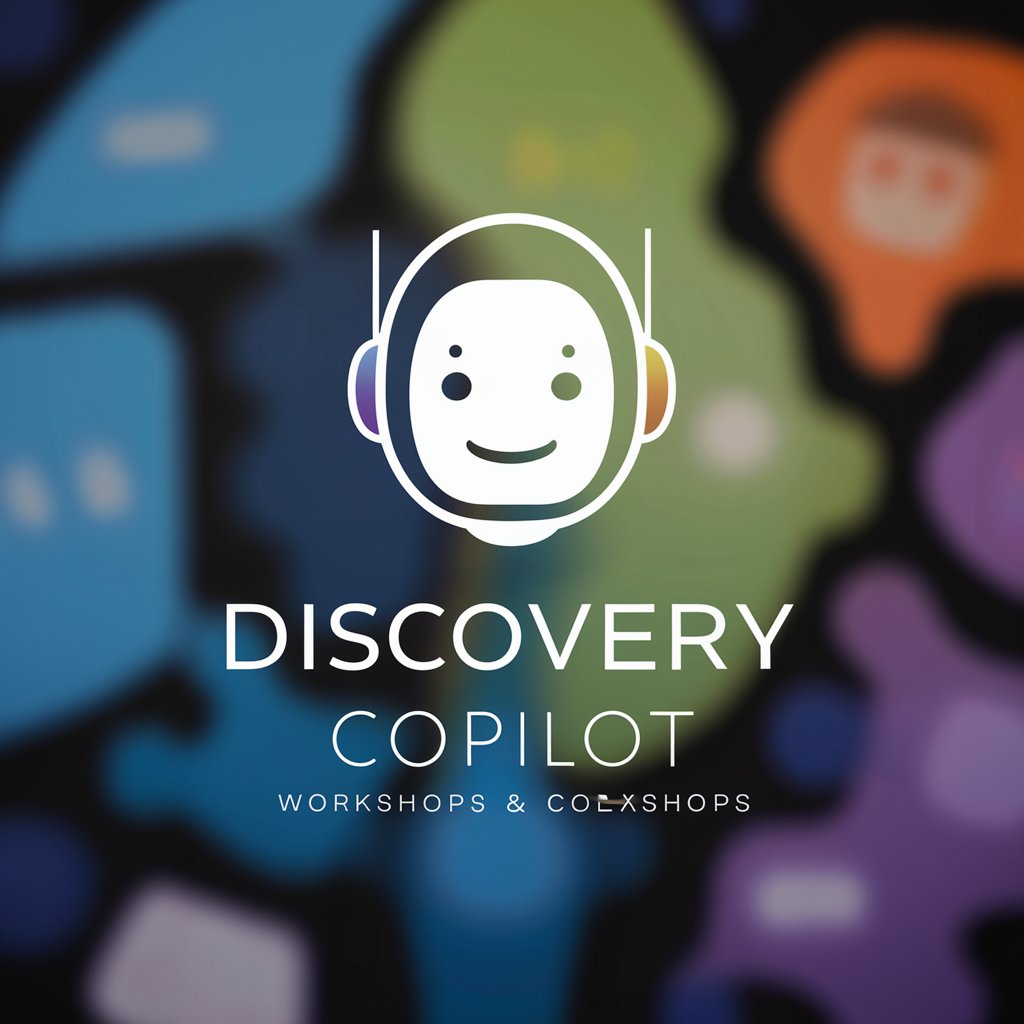
Discovery Indexer
Streamline Discovery with AI-powered Indexing
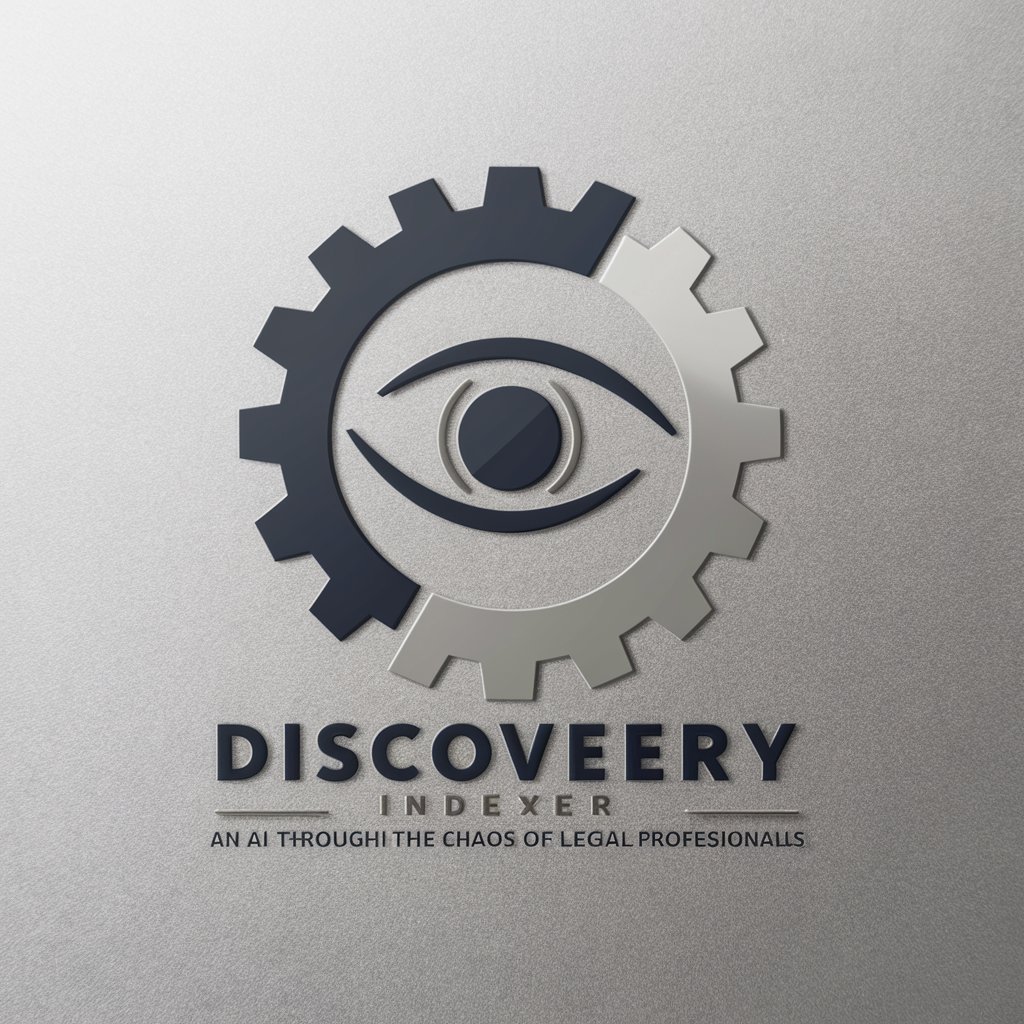
Music Discovery
Discover Music with AI-Powered Insights
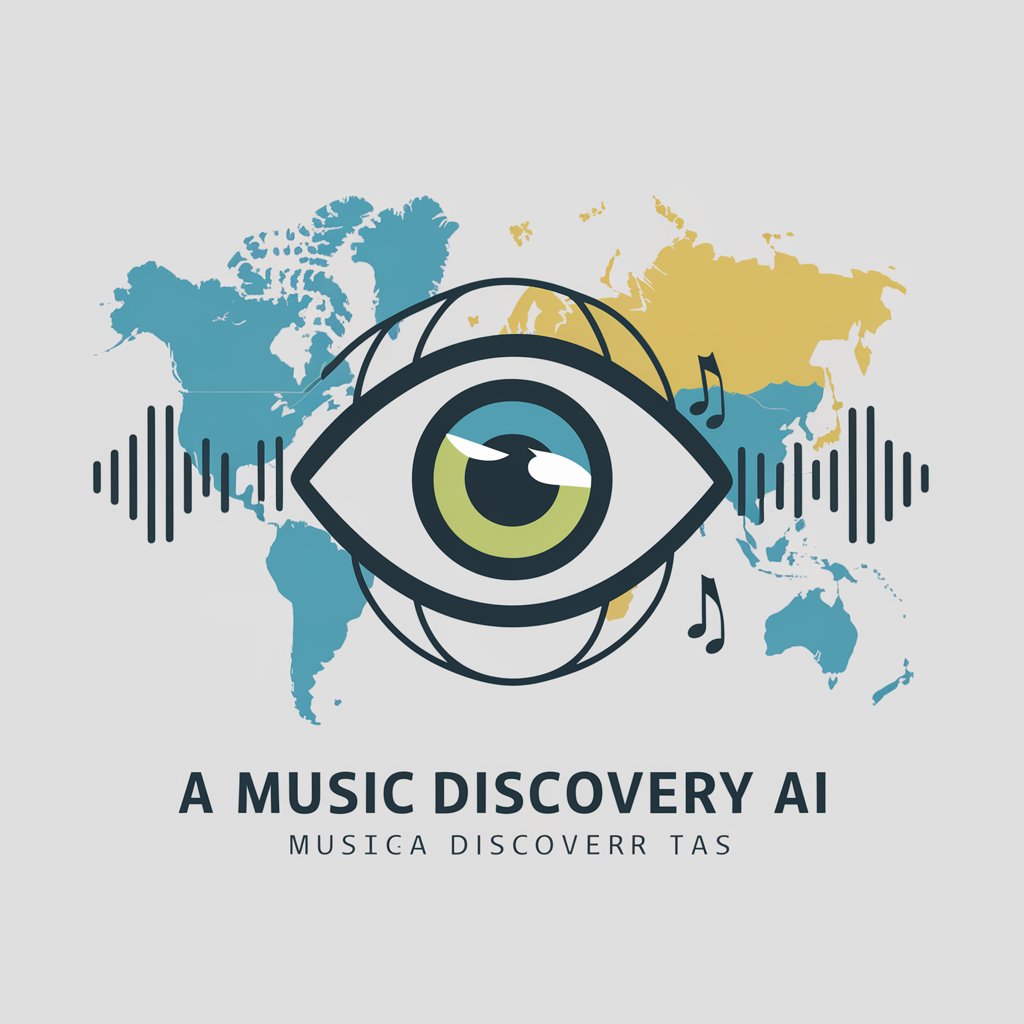
Diabetic Diet Assistant
AI-powered personalized diabetic meal planning.
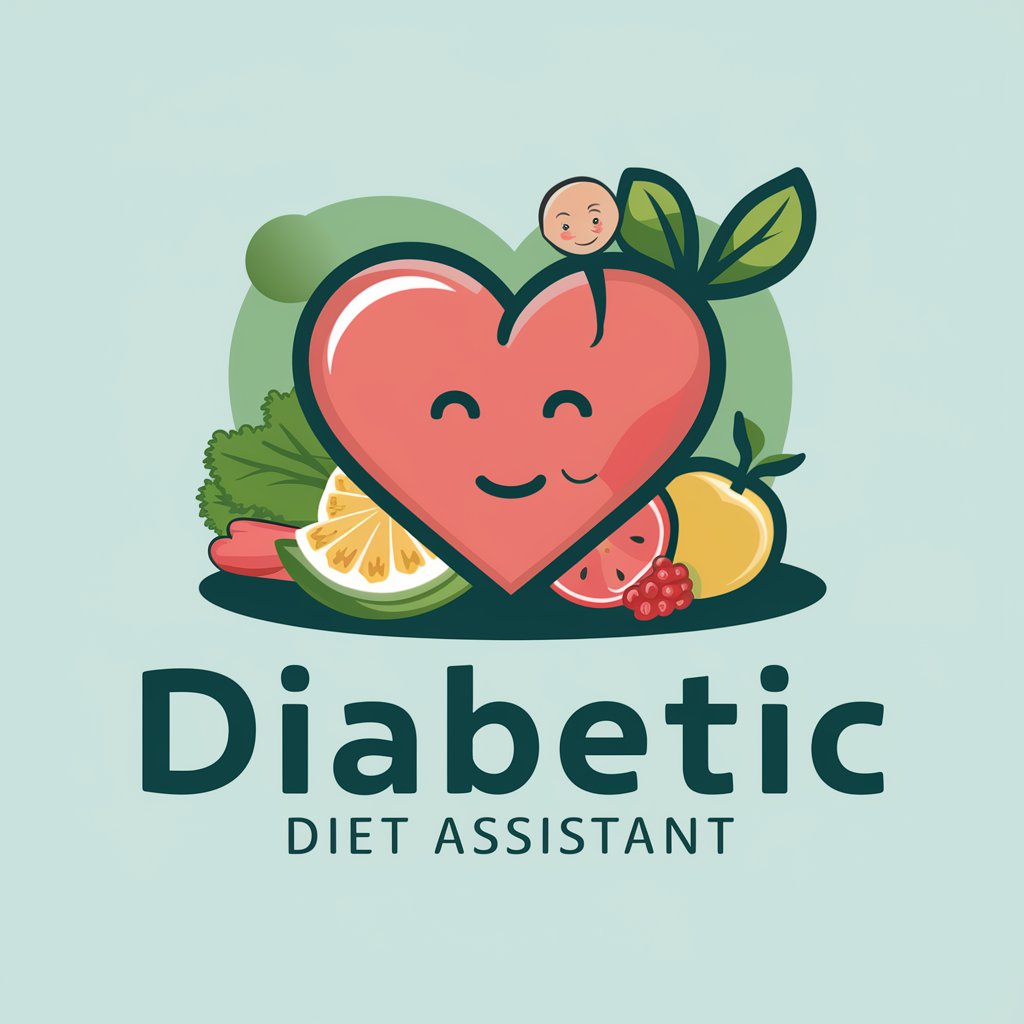
Nerority AI: Meta-Sequence Optimizer
Optimize Tasks with AI-Powered Precision
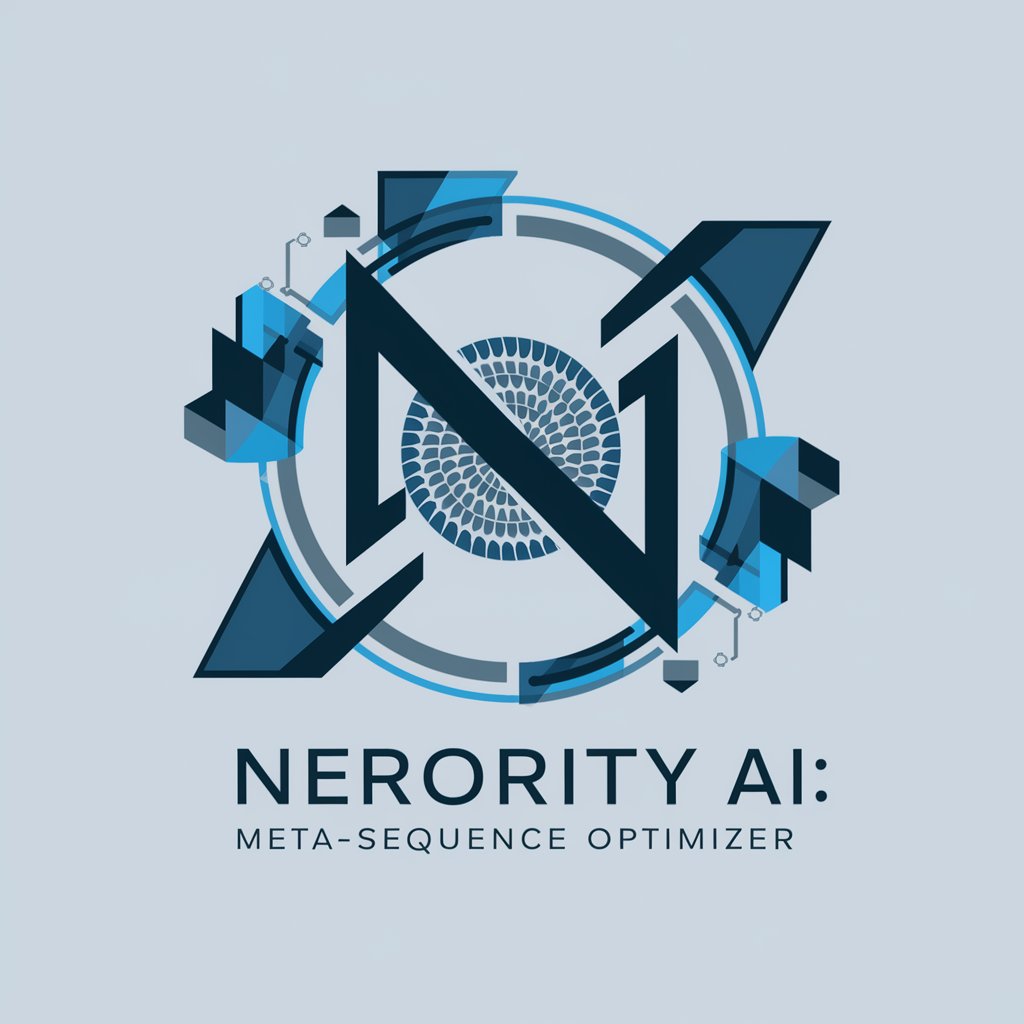
Nerdy Novelist Brainstormer
Unleash Your Storytelling Potential
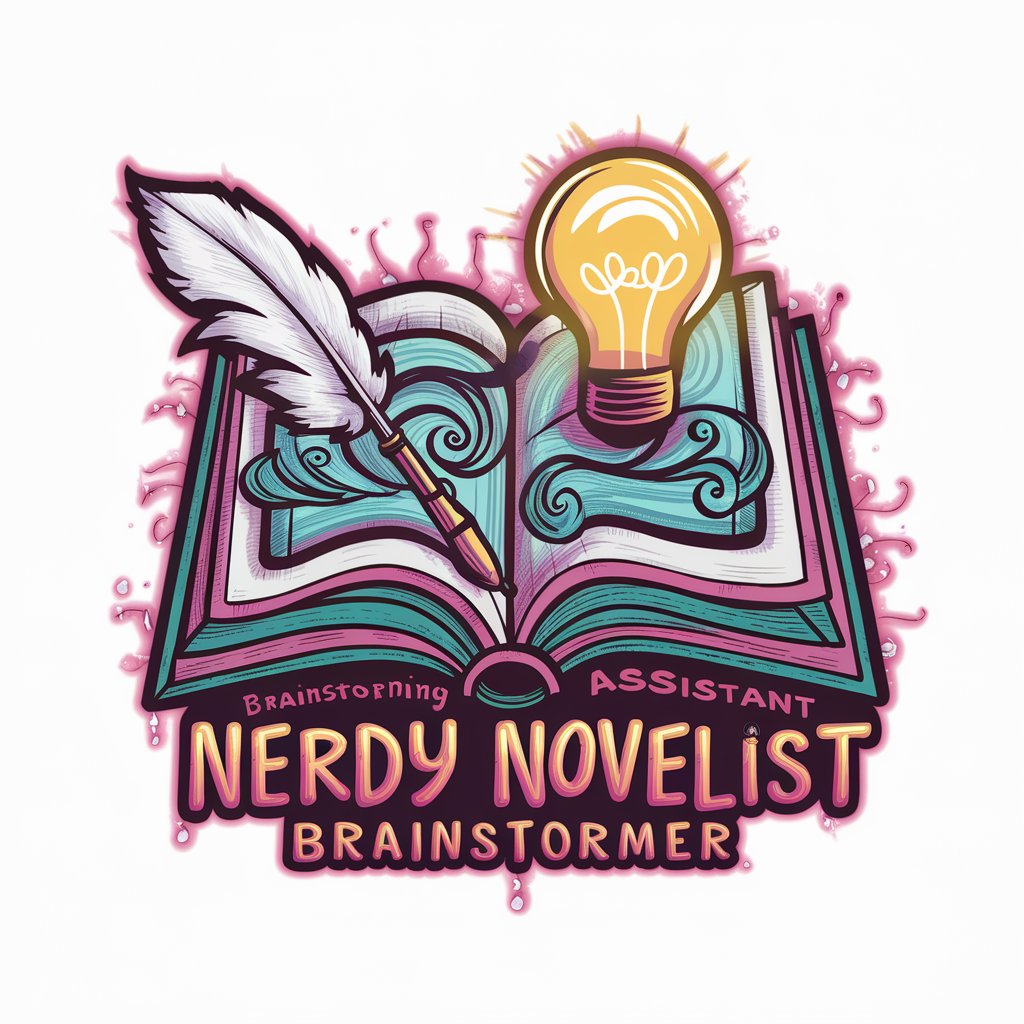
Detailed Q&A on AI in Drug Discovery and Pharma GPT
What types of data can AI in Drug Discovery and Pharma GPT analyze?
This AI can analyze a wide range of data types, including chemical structures, biological activity data, genomics, proteomics, and clinical data to identify potential drug candidates and predict their efficacy and safety.
How does AI contribute to personalized medicine in the pharma industry?
AI facilitates personalized medicine by analyzing patient data and genetic information to predict individual responses to drugs, thus enabling the design of personalized treatment plans that are more effective and have fewer side effects.
Can this AI identify new therapeutic targets?
Yes, by analyzing vast amounts of biomedical data, the AI can uncover previously unknown disease pathways and potential therapeutic targets, accelerating the discovery of new treatments.
How does AI in Drug Discovery and Pharma GPT help in reducing R&D costs?
AI optimizes the drug discovery process by predicting drug-target interactions and drug efficacy, reducing the need for costly and time-consuming experimental assays and clinical trials.
What is the role of AI in clinical trial design?
AI aids in clinical trial design by identifying suitable candidates for trials, optimizing trial protocols, and monitoring real-time data to ensure trials are conducted efficiently and effectively.

